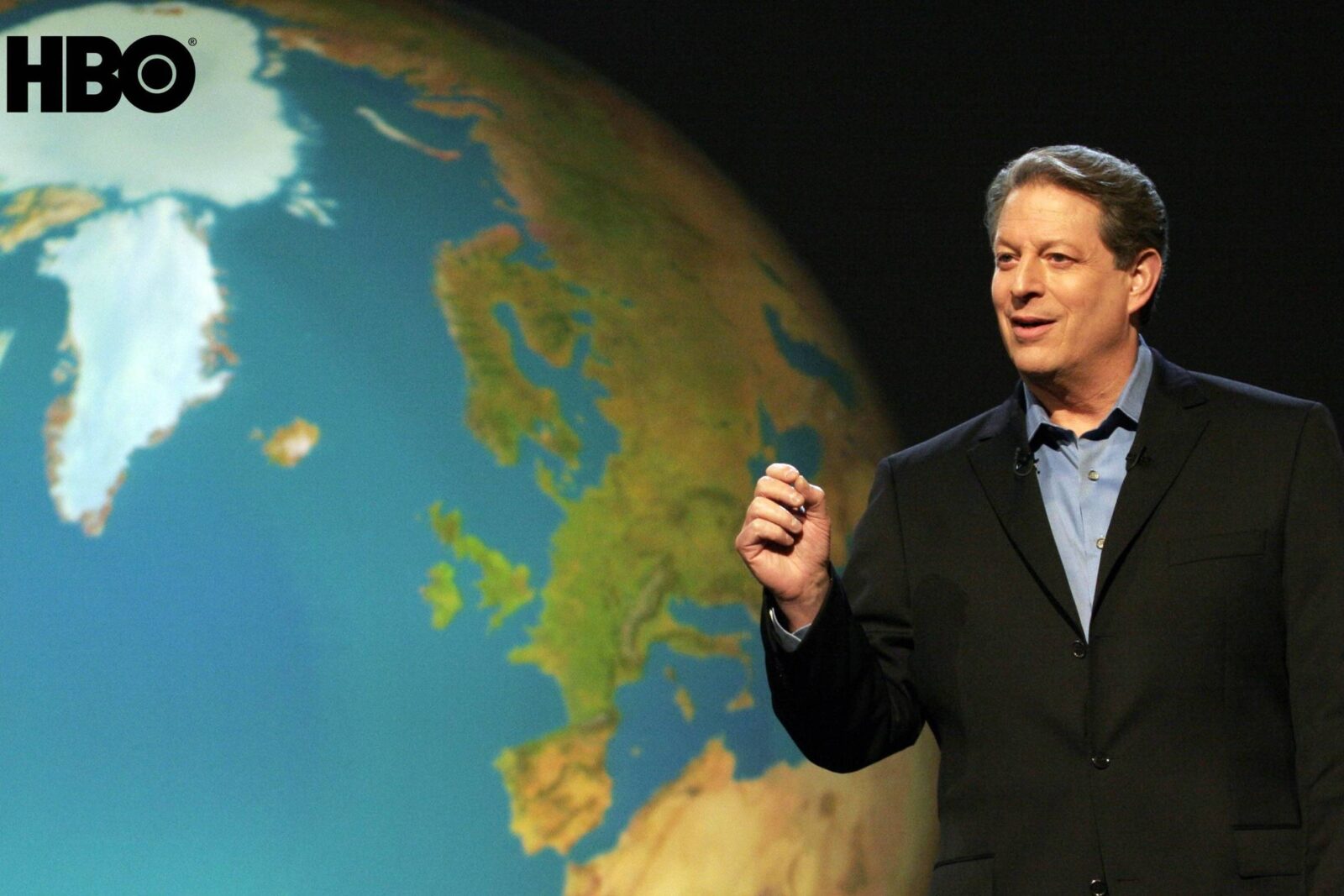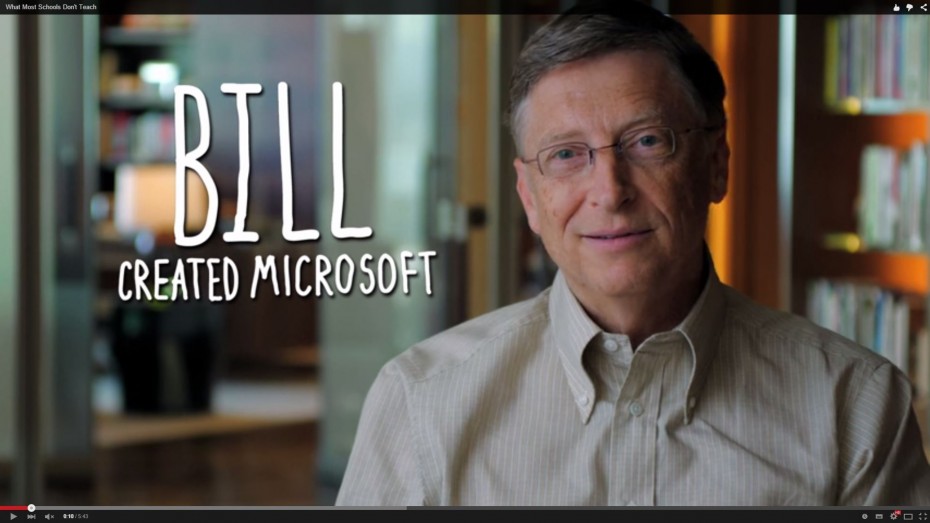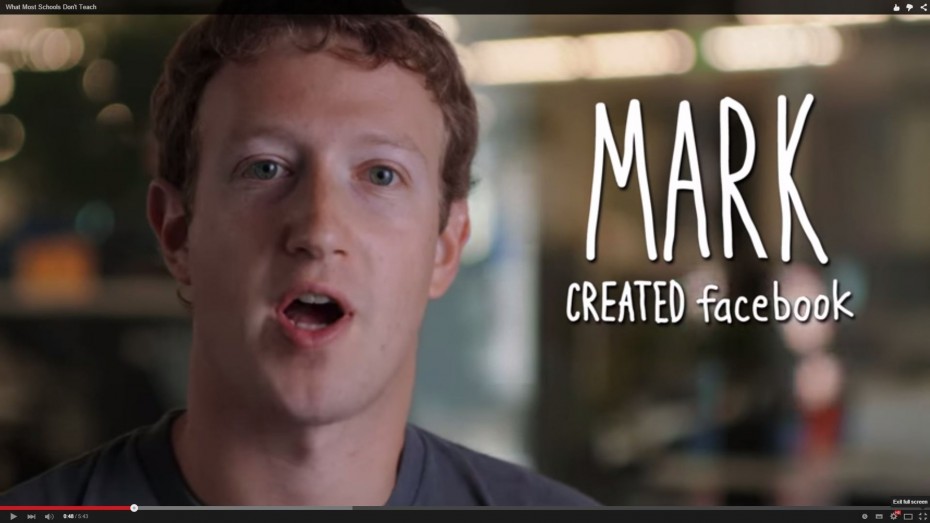The storytellerWhen making documentaries, do you think the filmmaker needs to have a certain amount of credibility?
How do you plan around the inevitable detours in filming a documentary?
Do you prefer producing or directing?In your opinion, what makes a good film?
AWARD-WINNING director and producer Lesley Chilcott has worked on documentaries like An Inconvenient Truth with former US Vice President Al Gore, It Might Get Loud featuring legendary rockstars Jimmy Page, The Edge and Jack White, and Waiting for “Superman”, a film about the American public education system.
She was recently in Kuala Lumpur, courtesy of Astro’s Sundance Channel to give a masterclass on filmmaking and to talk about her latest production, A Small Section of The World, about female coffee farmers in Costa Rica.
R.AGE got the chance to talk to her about the filmmaking process and what goes into a good documentary.
It depends.
Because, for me, personally, my process is doing a lot of research about what I’m going to make the documentary about, but I’m not an expert.
So I think you need to arm yourself with information, but your job is to be a storyteller.
Anyone can be a storyteller, but it’s very difficult to be a good or thorough storyteller if you just wing it.
It’s hard to get funding for documentaries.
In a movie you say: “Here’s the script, it’s going to take 21 days to shoot it, and we need 11 actors and we have six scene locations”.
But in a documentary, you go to your funders and say “I’m going to do this and this is my roadmap”, but then as soon as it’s set, you should be willing to throw that away.
You meet your first subject and they are way more interesting than you ever thought and you want to follow them; or you meet that first person, who’s absolutely fascinating, but he or she is not good on camera, and you go to your next story.
So every documentary I’ve made, either as a producer or director, we said it’s going to be about A and B, and it was, but really there was this underlying story that presented itself and you have to stay compact and open-minded.
Like, I might have a list of questions I’m going to ask in an interview, but I put it away so that if I ask you something, and you say something I did not expect, I need to be willing to go in that direction.
Directing.
For a long time, for me, producing was really rewarding because the directors that I worked with were open-minded and they let me have a little bit of creative input.
Also, it was really satisfying to pair something and hire the right people and do the right research so the director could carry out their vision.
And then I started doing a little directing here and there, and I caught the bug and I thought: “You know, the market’s really changing, everything is going digital,and if I want to have control over the projects I choose, then I’m going to direct”, and directing is more creative and easy.
This is going to be a little controversial, but I think awards are increasingly irrelevant because there is a small group that has access to voting.
An Inconvenient Truth won an Oscar.
It was so rewarding and I love that, but in the end, a very small group of people voted on it in the Academy but there were four other films that year that were excellent.
Who’s to say on any given day that one film is better than the others?
So I think that recognition is nice, but trying to tell someone’s truth in the most creative way possible, that’s way more important.
I also think that in an increasingly diversified society, telling films that have a niche through digital, you can reach that audience and you’re not relying on some group to say your film is important – you’re actually reaching the people the film should reach.









Leave a reply